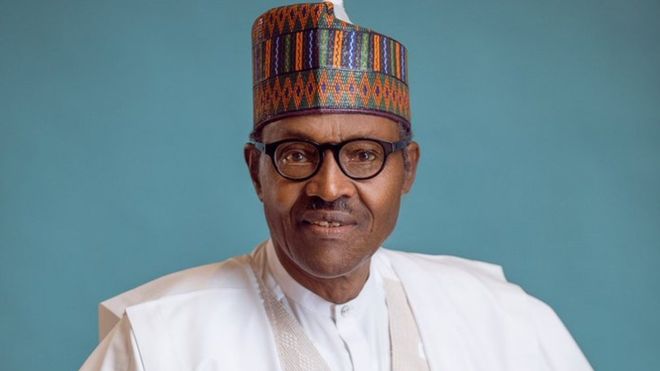By Akanimo Sampson
Interest groups and lobbyists across Nigeria are presently not leaving any stone unturned in their intense push to ensure that their anointed political sons and daughters get juicy slots in the NextLevel cabinet of President Muhammadu Buhari.
While President Buhari, his wife, Aisha, some prominent traditional rulers, religious leaders, business tycoons, and top politicians close to the first family are being pressured to convince the ex-Army General to accommodate those begging them in his cabinet, the hot scramble for a ministerial position has sparked off a worrisome in-fighting and bickering in the ruling All Progressives Congress (APC).
By the doctrine of the constitutional Federal Character, each of the 36 states of the federation is entitled to a minister. Some of the state wings of the APC are already embroiled in internal squabbles and disagreements over who should make the Buhari cabinet.
President Buhari is expected to submit his list of ministerial nominees to the Red Chamber of the country’s bicameral Legislature when the Parliament reconvenes next month. The 9th National Assembly embarked on a recess on June 13, and will resume plenary on July 2.
The major issue the Senate is expected to handle is the screening of the ministerial nominees before embarking on another recess. This time, it will be their end of season recess which is expected to commence from July 31, through September.
This implies that if President Buhari fails to send his ministerial list across to the Red Chamber before July 31, he will be running the executive arm of government with his deputy, Yemi Osinbajo, Secretary to the Government of the Federation, Ogbonnaya Onu, and the permanent secretaries of ministries till September when the Senate reconvenes, to endorse his ministers.
While senators are anxiously waiting for the list of ministerial nominees from Buhari, before the expiration of his first term, his Special Adviser on Media and Publicity, Femi Adesina, had promised that the country will not have to wait six months for Buhari’s second term team like previously.
He said in May: “What makes it better is that the leadership of the outgoing government is the same as the incoming one. The circumstances are no longer the same. So, there would be no delay. When you land in the mud of poor and delayed hand-over notes as happened in 2015, with a vandalized economy and a polity with different types of challenges, the delay would be understandable. But now, we have the good fortune of transition from government to government headed by the same president and vice president. Things can then be done more expeditiously.”
Last weekend, The Punch reported that the immediate past Governor of Lagos State, Akinwunmi Ambode is gunning for a slot. This speculation is already unsettling APC National Leader, Bola Tinubu, who has threatened to dump the party if Buhari makes Ambode a minister.
Tinubu aborted Ambode’s second term ambition for what many widely saw as selfish economic interest. However, apart from Ambode, his Adamawa and Bauchi states counterparts, Mohammed Bindow and Mohammed Abubakar respectively are also likely to make the list of President Buhari’s cabinet because the APC has allegedly resolved to nominate all their governors who lost their re-election bids as ministers for their states.
In his first term, Buhari’s cabinet was crowded with politicians, including those with no electoral value for the party. The electorate is expecting his second term cabinet to be different, and largely powered by pro-citizens elements with clear plans to move the country forward by lifting a greater majority out of the biting poverty and creating uncommon huge job opportunities.
Notwithstanding the fact that President Buhari’s re-election is being challenged by former Vice President Atiku Abubakar and his party, the Peoples Democratic Party (PDP), Buhari and his party, the APC entered the 2019 general elections electioneering campaign with a new slogan, NextLevel. Previously, their 2015 mantra was Change.
Meanwhile, analysts say the president used his first term cabinet to settle political debts and appease the patronage network that has been underpinning governance in Nigeria. At the moment, there is plenty of apprehension and lobbying in Abuja, the country’s metropolitan capital, ahead of President Buhari’s submission of the much awaited list of ministerial nominees to the Senate for necessary action.

